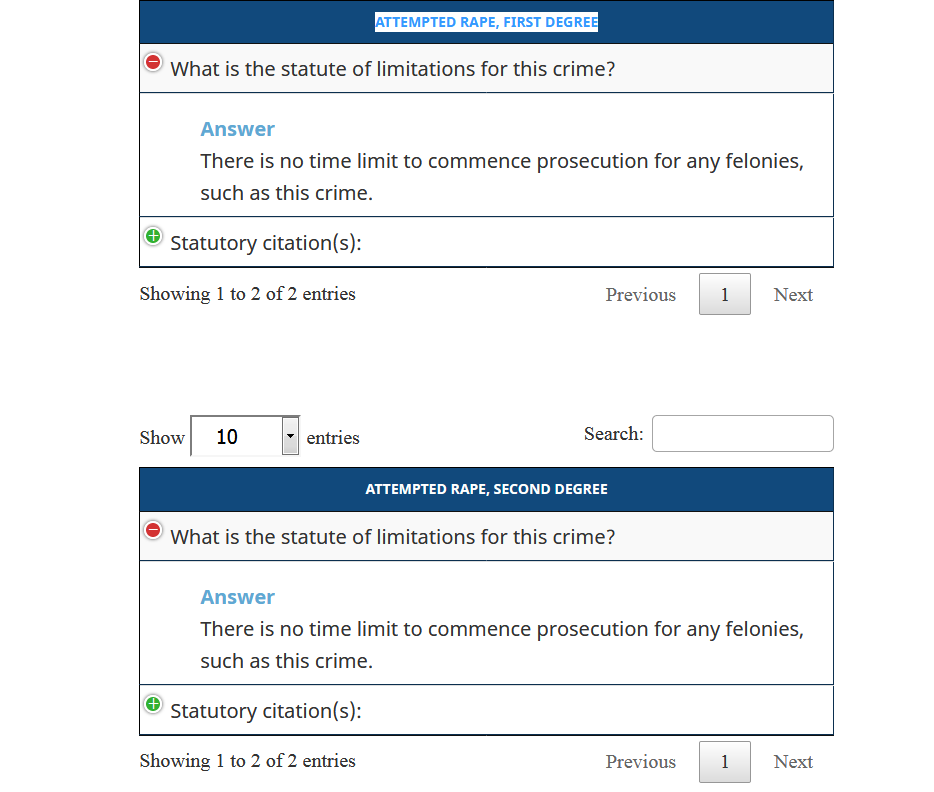Here’s the optimal strategy if the President’s goal is to get a nominee past an obstructionist Republican Senate: appoint a flaming liberal as a recess appointment Justice, and couple that with the nomination of a middle-of-the road Supreme Court nomination for the permanent seat on the Court.
For the next few days — and only for the next few days — President Obama (arguably) has the right to make a recess appointment to the Supreme Court. To the limited extent there is a tradition (the appointment of Justice Brandeis), the tradition is that if a recess appointment is made the President then nominates the same person for a lifetime appointment.
But that tradition has quite a lot working against it. For starters, it means at least temporarily one Justice not only lacks lifetime tenure, but has to make decisions either with an eye towards confirmation, or in the teeth of the cost to possible confirmation. In these polarized times, that is asking a lot. Plus there is a real danger that the Justice is not confirmed in the end.
Why not instead appoint a temporary Justice, someone old enough for it to be the capstone to a distinguished career, and then a different, younger, person for the permanent position. Make the temporary appointment someone very very liberal (Patrica Wald? Stephen Reinhardt?); make the permanent appointment someone more moderate. Since the confirmation of the permanent Justice immediately removes the recess appointment Justice from office, the sooner he or she is confirmed, the fewer decisions the more liberal appointee gets to vote on. Thus, a vote against the permanent appointment becomes a vote for keeping the more liberal Justice in office. Not only does it put the GOP in a bind, but it creates cover for voting for the Democratic nominee.
On balance, I’m not sure I like this strategy as it ends up with a middle-of-the-road Justice, but unlike most other things I can think of, it does have some chance of working. You heard it here first.
 Brett Kavanaugh wins coveted Roy Moore endorsement.
Brett Kavanaugh wins coveted Roy Moore endorsement.
 Seems that Judge Kavanaugh was a DKE as an undergrad. DKE was notoriously the most most drunken (well, maybe tied with a singing group) and least evolved student organization when I was an undergrad at Yale, only a few years before Kavanaugh. It is not a good recommendation for a Judge, much less a Justice. Certainly not disqualifying on its own, but it helps set a context for other things.
Seems that Judge Kavanaugh was a DKE as an undergrad. DKE was notoriously the most most drunken (well, maybe tied with a singing group) and least evolved student organization when I was an undergrad at Yale, only a few years before Kavanaugh. It is not a good recommendation for a Judge, much less a Justice. Certainly not disqualifying on its own, but it helps set a context for other things.